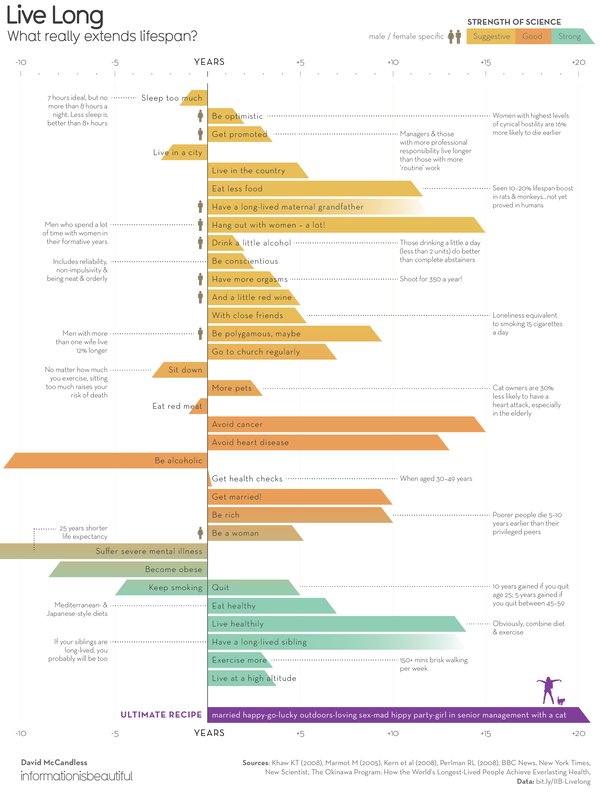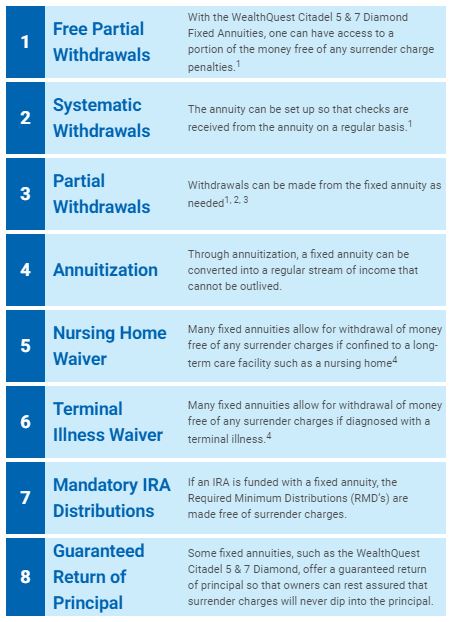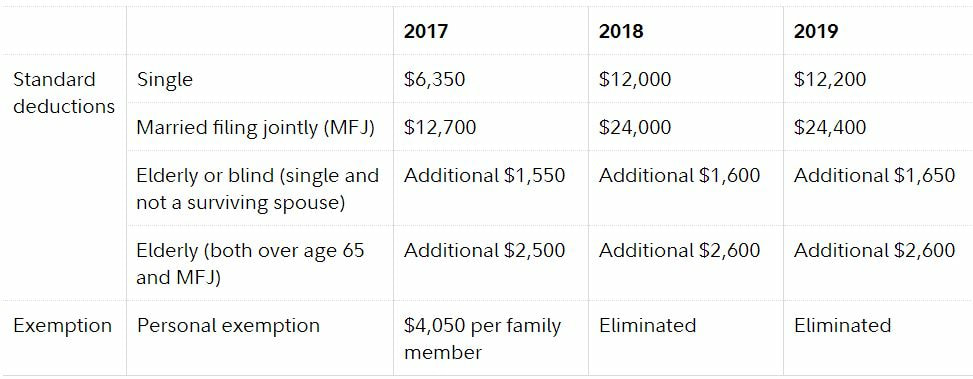1.The personal exemption was eliminated for the years 2018 - 2025. Taxpayers can no longer claim personal exemptions for themselves, their spouses, or each of their dependents. (For 2017 the amount for each exemption was $4,050.)
2.The Child Tax Credit increased from $1,000 to $2,000 for each qualifying child for the years 2018 - 2025; $1,400 of which is refundable. The tax reform bill also introduced a new $500 credit for non-child dependents.
3.The threshold for deducting medical expenses was lowered from 10% to 7.5% of your adjusted gross income (AGI). This could benefit you, your spouse, or anyone in your family that had major medical expenses in 2018.
4.The alternative minimum tax (AMT) exemption amount and phaseouts were increased, potentially resulting in you not being subject to the AMT (depending on your AGI and other factors).
5.The Affordable Care Act’s (ACA) individual mandate was repealed. The ACA required taxpayers to buy a qualifying health plan or pay a penalty if you were not covered at any point during the year.
6.The State and Local Tax (SALT) deduction was capped at $10,000. This SALT deduction includes sales and local income taxes as well as property taxes.
7.The Home Mortgage Interest deduction was reduced. Individuals who purchased a home after December 15, 2017 can only deduct interest up to $750,000 in mortgage debt (previously $1 million). If your mortgage was in place prior to December 14, 2017 the $1 million in qualified debt is still in place. The interest deduction on home-equity loans is eliminated unless the home-equity loan was used to acquire, construct, or substantially improve the residence.




 RSS Feed
RSS Feed
